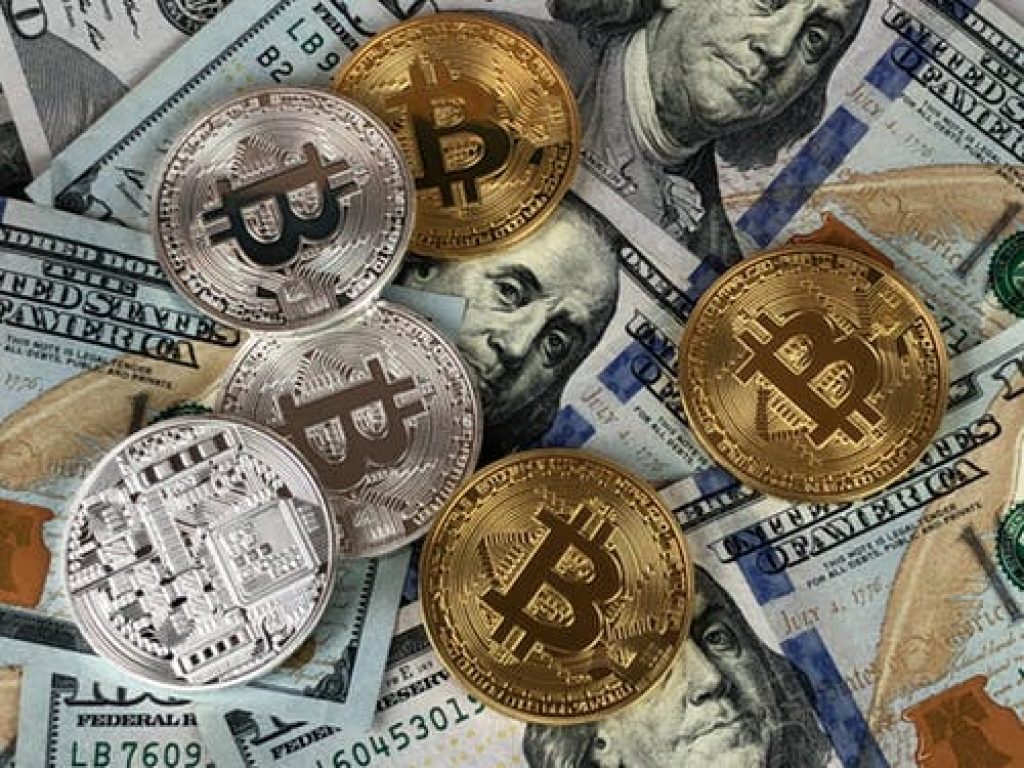2020-7-22 20:29 |
Global banks have begun scrutinizing their Hong Kong clients to filter out pro-democracy individuals following the new national security law backed by mainland China.
A recent report by Reuters has revealed that the likes of HSBC, Credit Suisse, and Julius Baer are among the international banking giants that have since increased their diligence process, screening for government and political ties.
With the new security law in place, such a move was anticipated, given more exposure to regulatory risks. Citing anonymous sources, the report notes that banks have, in turn, introduced a new ‘sub-class' of threat dubbed ‘politically exposed persons.'
“The designation, called politically exposed persons, can make it more difficult or altogether prevent people from accessing banking services, depending on what the bank finds about the person’s source of wealth or financial transactions.”
It goes on to detail that wealth managers are relying on social media posts by the individuals and their affiliates in the recent past. A key stakeholder in this industry revealed that his clients' AUM, which currently totals $200 billion, could be audited as far as 2014 to determine a person's stand in the Hong Kong pro-democracy ‘umbrella' movement, which kicked off in the same year. Should a party be found to be a pro-democrat, they may end up being excluded from Hong Kong's entire financial ecosystem.
Though none of the global banks has yet to comment on the matter, they appear to be towing the line as they look to maintain and probably scale business in Hong Kong.
Surprisingly, this is not the same reaction from parent governments that have since called out China for the new security law. The U.S senate, for instance, has already passed some sanctions under the ‘Hong Kong Autonomy Act,' which could eventually affect financial service providers that link Hong Kong's liquidity with the dominant dollar-system.
China CBDC Implementation takes on Crypto DecentralizationAt the same time, China is fast-moving to play an ace card on the emerging decentralized economy whose fundamentals are pegged on crypto assets. The country banned cryptocurrencies earlier but has aggressively developed its own PBoC backed digital currency, an initiative that is now a reality in the pilot phase.
Also dubbed ‘DC/EP,' the Chinese digital yuan will be an integral part of its financial network, given most of its population already transacts via Alipay or WeChat. Notably, the CCP will be able to exercise further its authoritarian approach in this new central bank digital currency.
origin »Bitcoin price in Telegram @btc_price_every_hour
Hong Kong Dollar (HKD) на Currencies.ru
|
|





























